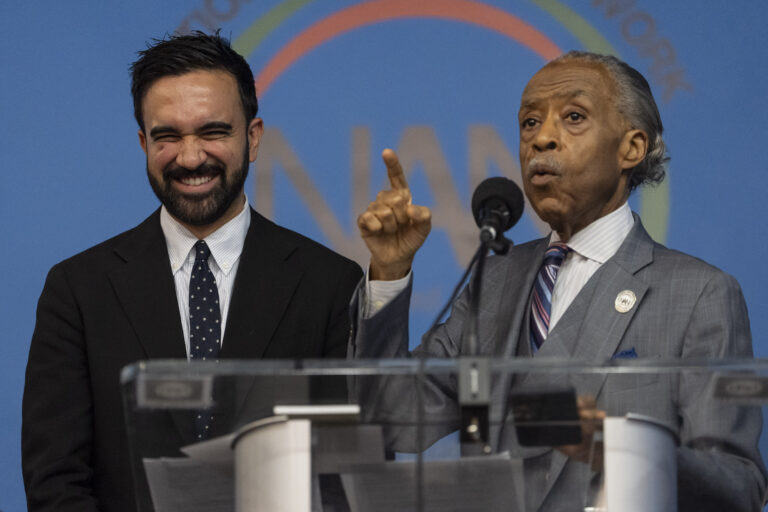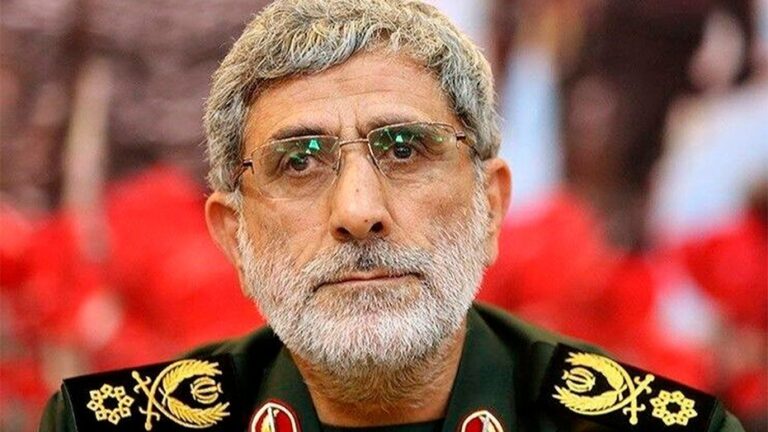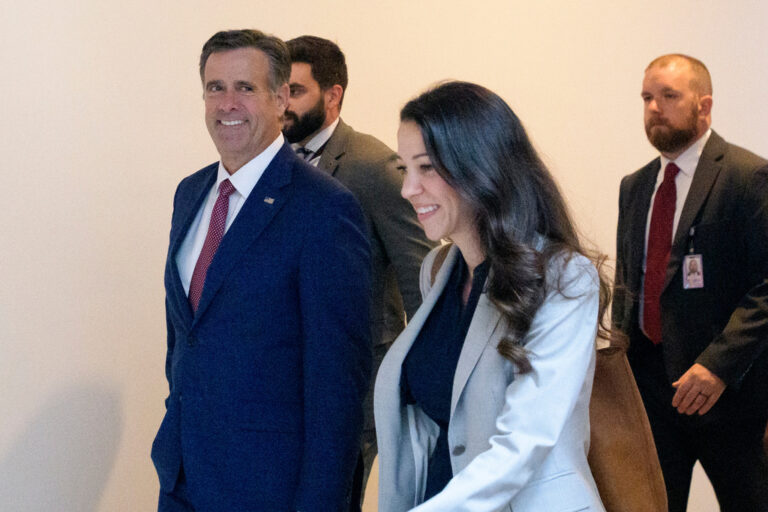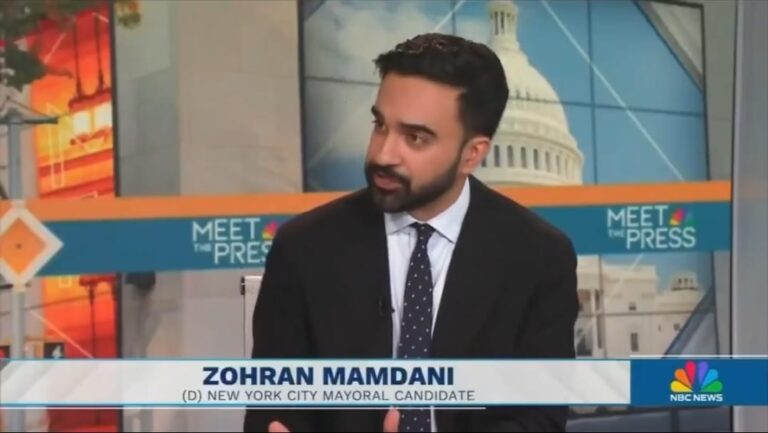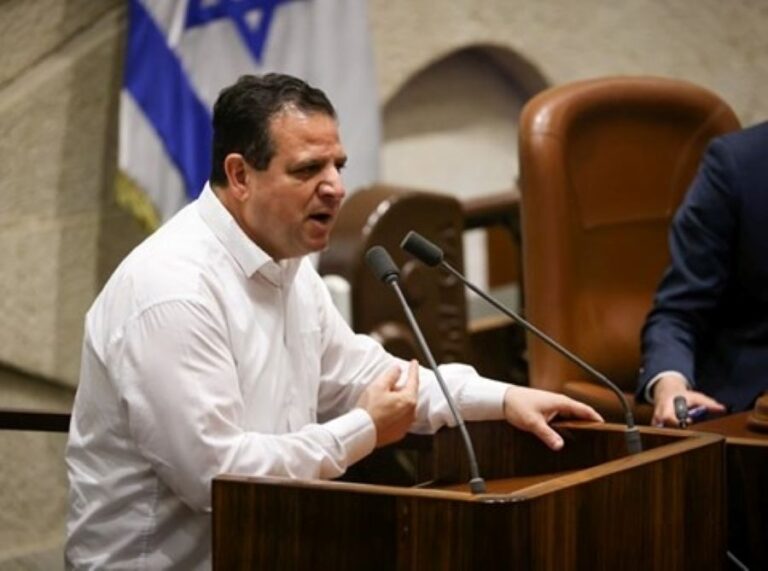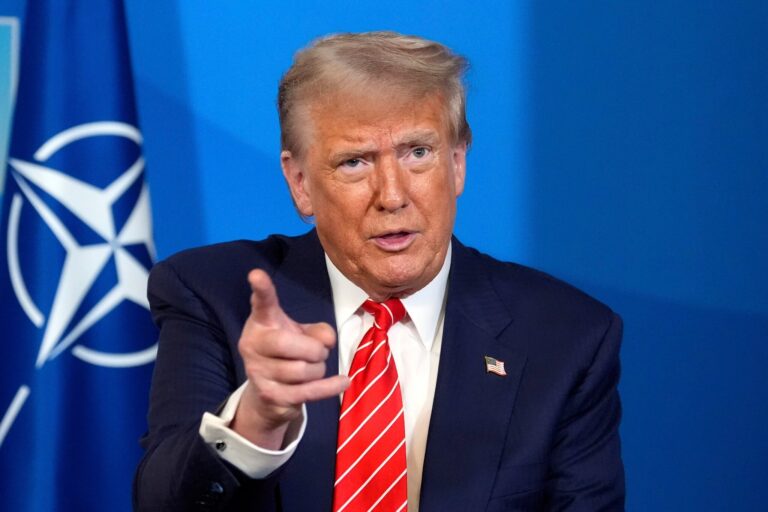 House Speaker Paul D. Ryan plans to roll out a wide-ranging conservative agenda in the weeks before Republicans gather in Cleveland to select their presidential nominee.
House Speaker Paul D. Ryan plans to roll out a wide-ranging conservative agenda in the weeks before Republicans gather in Cleveland to select their presidential nominee.
Republicans say the speaker’s agenda project — the product of several task forces and dozens of meetings among rank-and-file House members — will provide specifics, and perhaps even draft legislation, on key issues of importance to conservatives, including health care, taxes and national security. Republicans have long promised an alternative to President Obama’s Affordable Care Act, which they constantly bash but for which they have not produced a concrete replacement.
If Ryan, R-Wis., and his conference deliver as promised, their agenda would provide a tangible blueprint on which vulnerable Republicans could run in November — and serve as an alternative to the ideas promoted by presidential front-runners Donald Trump and Texas Sen. Ted Cruz. And some Republicans think that Trump, if he is the GOP standard-bearer, will seriously hurt those running below him.
The new speaker hopes the agenda will make good on his promise to turn Republicans into a “proposition party” that stands for something rather than only against Obama’s initiatives.
“The party is easier to unite over ideas than personalities,” said Majority Leader Kevin McCarthy, R-Calif., who has coordinated the agenda project with Ryan, in a recent interview. Introducing a platform “could solve a lot of things that ail us.”
Since winning the House majority in 2010, Republicans have promised concrete reforms and, at least in the case of health care, have yet to deliver. But their members seem to be clamoring for concrete ideas and proposals on which to base their campaigns, even if they clash with the eventual presidential nominee.
Florida Republican Rep. Dennis Ross – elected as part of the massive GOP wave in 2010 – said he would rather disagree with Trump than campaign on a list of empty promises.
“If our nominee doesn’t agree, that’s a chance we all take, but to do nothing is not the option,” he said. “Hell, we’ve had 60 times of repealing [Obamacare] and not one of replacing. It is kind of hard to go back home and say, ‘Hey, trust me again OK?'”
Ryan highlighted the agenda project in a speech he delivered Tuesday night at the Ethics and Public Policy Center, a conservative think tank.
“A lot of people don’t like conservatism as they know it,” he said, according to prepared remarks, commenting on the “upheaval” of the election year. “For too many people, Republicans seem to be caught in a time warp. They’re thinking, ‘We don’t control our borders. Wages are going nowhere. College and heaLth care keep getting more expensive. ISIS continues to spread. And what are Republicans going to do about it?’ So we need to adapt our policies to meet the challenges of the 21st century. That’s exactly what House Republicans are trying to do now.”
The agenda project has proceeded quietly but steadily behind closed doors since the effort was formally unveiled at a Republican policy retreat in January. The chairmen of the House standing committees were each tasked with developing policy documents in six areas: health care, taxes, national security, regulatory reform, poverty and reasserting Congress’s constitutional authority.
Since then, each task force has opened the process to rank-and-file Republicans, who have been invited to contribute regardless of their committee assignments. By the time the final plans are unveiled, leadership aides said, Republicans will have gathered for at least 25 meetings.
The result, in McCarthy’s telling, will be the most detailed set of policy plans released by House Republicans since retaking the majority more than five years ago. The health care plan, for instance, will put forth the first leadership-endorsed plan to replace the Affordable Care Act. Some plans will take the form of actual draft legislation; other parts will resemble “white papers” detailing specific policies.
While McCarthy said the agenda will be comprised of detailed proposals, there remains the question of exactly how specific they will be in areas that could be politically treacherous.
During the interview, McCarthy suggested that at least some of the plans would be submitted to the Congressional Budget Office for a nonpartisan fiscal “scoring” or price tag. But an aide said afterward that those analyses are unlikely to be available before the plans are unveiled. And it is unlikely that major parts of the agenda will actually be brought up for a vote before November.
The agenda project, however, has served as a useful outlet for House Republicans who have grown frustrated with their failure to make good on the campaign promises that helped the GOP build a historic majority in recent years.
But while these proposals will give restive Republicans something to run on, they will also give Democrats something to run against – a lesson Ryan knows well after seeing his entitlement-slashing budget proposals show up in years of Democratic attack ads.
Democratic Campaign Committee Chairman Rep. Ben Ray Luján, D-N.M., said he doesn’t think GOP voters will be much impressed with the new agenda, given the Republicans’ failure to deliver on their previous promises – let alone in tackling basic tasks like passing a budget. And he also said a list of proposals won’t be enough to insulate vulnerable Republicans from the top of their ticket.
“It’s the House of Trump, the party of Trump, and all that comes with Trump, and we’re seeing all of that dysfunction mount on top of itself,” Luján said. “If Republicans want to lay out a plan and a vision for what they’re going to do next week, that would be welcome as well.”
But Ryan appears to have calculated that it would be better to risk Democratic attacks than have House Republicans tied to the agenda of their presidential nominee – whether Trump, Cruz or someone else. Ryan has already spoken out against Trump’s proposal to temporary bar Muslim immigrants and is a proponent of the Pacific Rim trade deal that Trump pans. He also departs from Trump on key points of fiscal policy, including entitlement cutbacks and tax reforms.
GOP strategist Michael Steel said it is difficult for any politician to separate themselves from their party’s platform, and the fact that Trump has made almost no effort to released detailed policy proposals has made Ryan’s project an urgent one.
“If you disagree with the policies enunciated by Donald Trump, and Donald Trump is the GOP nominee, it is absolutely incumbent on you to say what you’re for,” said Steel, who served as an aide to Jeb Bush’s presidential campaign after leaving his longtime job as press secretary to former House Speaker John A. Boehner last year. He also worked for Ryan in 2012 when he was the party’s vice presidential nominee.
Ryan has adopted a careful approach of allowing all 246 Republican members to participate in every aspect of drafting his agenda in an effort to keep together the GOP conference less than a year after deep divisions sparked Boehner’s retirement. Committee chairmen will ultimately decide what is included in the agenda and what gets left on the cutting-room floor, according to aides.
Top Republicans, including Ryan, have suggested that should Trump win the nomination, he could seize on the House agenda to fill the gaps in his spotty policy platform — though the opposite could also happen if voters link Trump’s ideas to congressional Republicans. And several GOP members, including McCarthy, said Trump has been made aware of the ideas being generated in the House and hasn’t ruled out any of the proposals.
Rep. Tom Reed, R-N.Y., one of seven House members to endorse Trump, has participated in both the poverty and tax reform task forces and has reported back to the Trump campaign about the project.
“I’ve been trying to be a voice of a positive impact with the campaign to say, ‘Let’s talk about issues that impact people. Let’s raise the rhetoric up in a positive manner,'” Reed said. “At least [Trump] knows what he’s getting into.”
Another Trump endorser, Rep. Duncan Hunter, R-Calif., said he was not overly concerned about Congress stepping on Trump’s toes as a nominee, saying that “as long as they’re on the same sheet of music in general, I think that’s all that matters.”
“I don’t think they are on purpose going to come out that crosswise to what the American people are talking about right now,” he said of House GOP leaders. “I think they’re smarter than that.”
(c) 2016, The Washington Post · Kelsey Snell, Mike DeBonis


